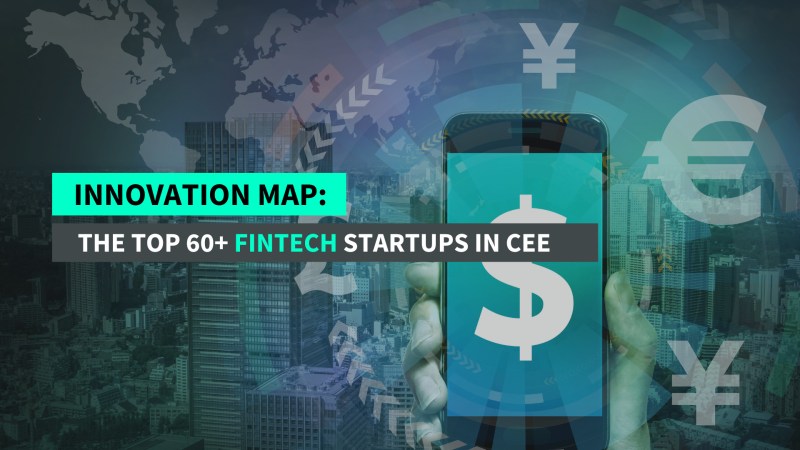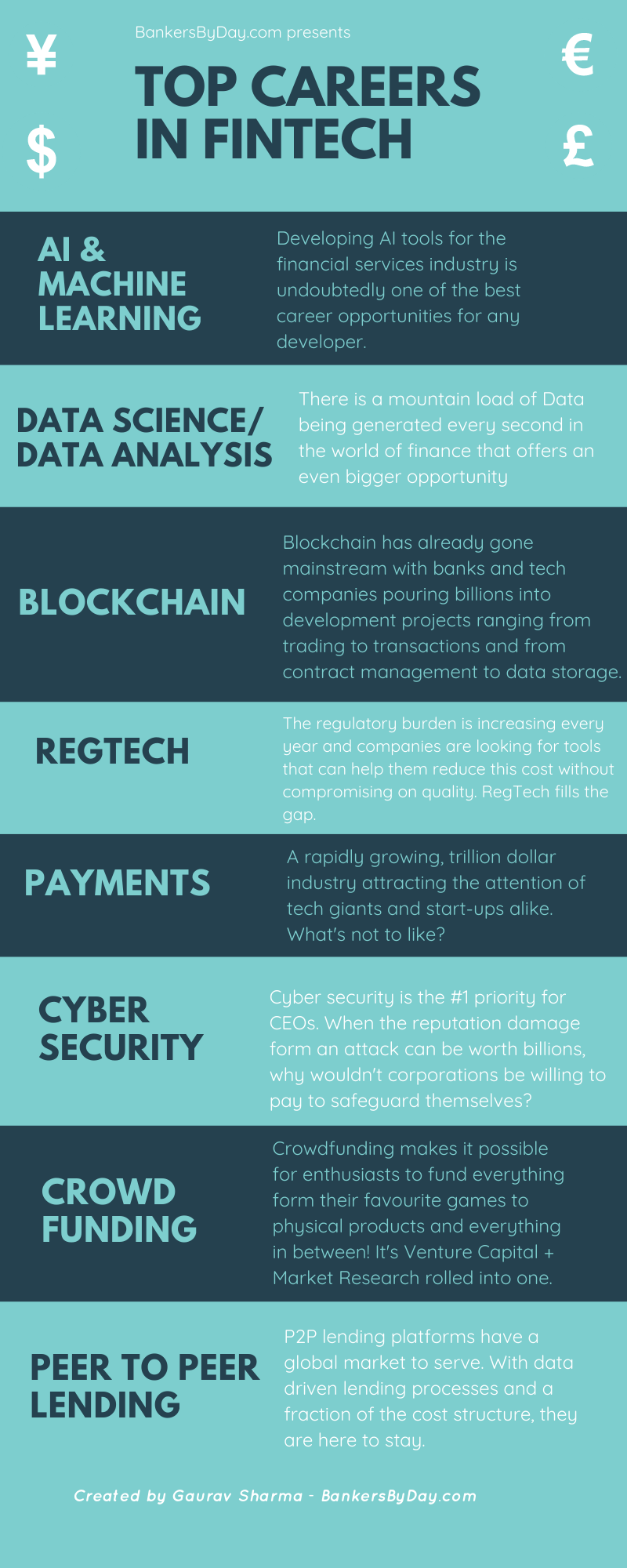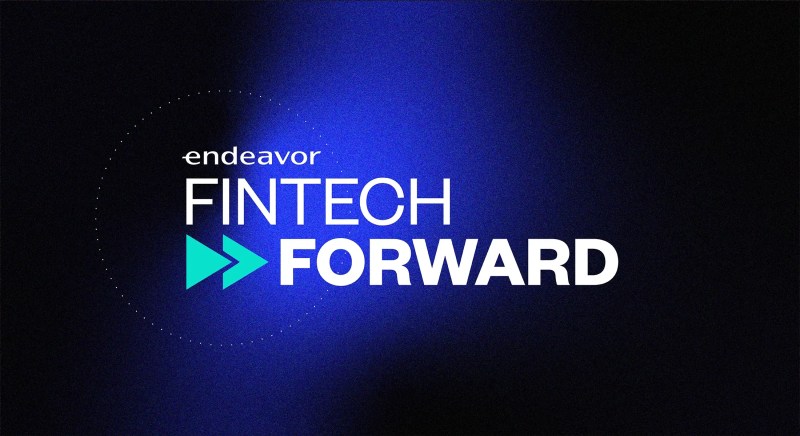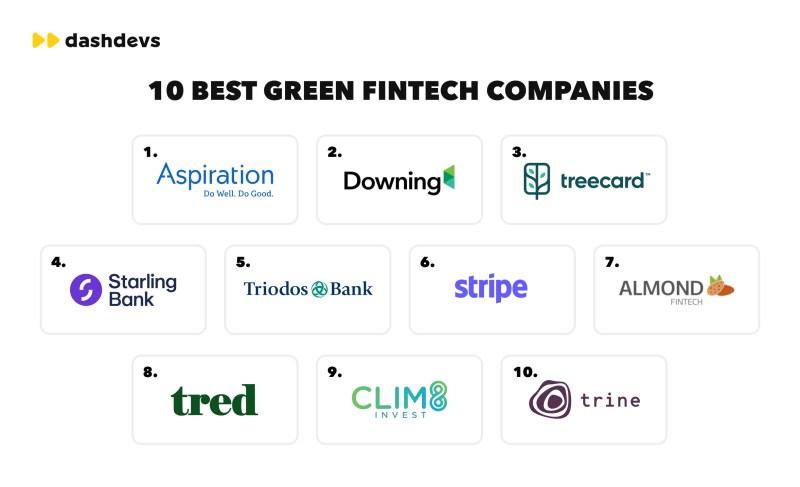
Top 50 Fintech Companies In Usa – Lenders have their foot in B2B automation and other data is the key to unlocking the B2B Finance Future Outlook.
This year, B2B finance has seen growth in front of vertical fintech and SaaS companies that have used cutting-edge technologies to create new B2B financial systems.
Top 50 Fintech Companies In Usa

Many of these companies have become large economic operators, especially in the United States, with Portage, a global investment platform for financial services and fintech, directly continuing this growth.
Best Fintech Courses Online
“The continuous and expected growth of B2B transactions brings new challenges between all types of businesses and large companies. From issues such as the complexity of borders to growth compliance and risk education, we see technology at the center of this good storm. Ricky Lai, Portage Partner
, a provider of powerful decision-making software, joined this US growth story, with B2B fintech lenders turning the crisis into a challenge.
As part of our collaboration, Portage and Portage have identified the top 50 US fintech companies that we believe will be at the forefront of the credit and finance industry in 2023.
Based on the average size of B2B sales transactions, the global B2B payments market is larger than the B2C market. Combined with the growing number of companies investing in the purchase of goods and services, we believe there are many fintech companies to serve this market.
The Fab 50
In today’s environment, B2B lenders have proven themselves in the product market thanks to new technologies that have opened up new avenues. From Buy Now, Pay Later (BNPL) to B2B2X solutions, the ability to reduce friction in the sales process becomes a key competitive advantage for companies.
For years, consumers have enjoyed the convenience of connected BNPL solutions from Affirm and Klarna, but this year the spotlight is really on B2B.
After deciding on a real-time underwriting process for small B2B loans, fintech companies can offer companies the flexibility of payments. Companies like Resolve, Credit Key, and Uplift are leading the pack, developing the right white label BNPL solutions for businesses to integrate into their B2B sales process.

By using these solutions, companies can offer their customers immediate credit status, increase the flexibility of payment and increase the time for the number of transactions.
The World’s Top 250 Fintech Companies: 2024
2023 also sees fintech companies actively using advanced data analytics and machine learning to create hyper-personalized word loans and working capital in connected environments.
For example, Paraffin analyzes a company’s valuable data, such as market data and e-commerce, to provide flexible distribution solutions – even if the company is small or inactive.
These quick and easy financing solutions have changed the game for small businesses and companies that previously had difficulty accessing credit due to a lack of credit history.
For example, OatFi built a first-of-its-kind marketing platform that allows other B2B platforms to seamlessly integrate revenue generators into any B2B payment flow. By using the OatFi systems, customers of these platforms can extend revenues, delay payments and better manage their working capital.
The Top 100 Cross-border Payment Companies
At the other end of the spectrum, DailyPay is a platform that businesses can use to offer their employees on-demand pay – also known as access to earned pay. This new solution allows employees to receive the salary they receive before their payday.
To meet the demand for faster and better financial products – lenders aim to improve the speed, accuracy and volume with which they make underwriting decisions.
According to the survey, nearly 60% of B2B lenders plan to increase the automation of their underwriting process by at least 5 percent by 2023. Additionally, 58% of B2B lenders say improving their underwriting decisions with new data sources is a priority. important this year

Thanks to recent advances in decision-making processes and open bank data providers, B2B lenders are implementing unprecedented levels of innovation in their underwriting operations.
Startup Statistics In 2024: Failure Rates, Funding & Insights
In the US, we are seeing more fintech companies relying on automation to successfully launch and expand B2B financing and term loan products.
Novo, a small business banking platform used its automated decision engine to build an operational real estate product in less than 3 months. Using Experian data integration, he built automated decision-making processes to streamline his application process in less than 10 minutes and help them make credit decisions in less than 24 hours.
Novo and companies like Bluevine and Fundbox are leveraging automation to not only ensure a competitive advantage with faster and more accurate underwriting processes, but also to increase their decision-making capabilities.
Integrating other data sources to make underwriting decisions is becoming increasingly popular and opens up huge new opportunities for finance and B2B accounting.
Modern Payment Technology Solutions
Settle solves the problem by combining bank data and business accounting data to create a more complete and accurate view of a business’s financial health. This approach allows lenders to significantly increase the number of customers they can serve and greatly improve the accuracy (and therefore competitiveness) of their pricing.
The use of other data sources has also changed credit card transactions. By using different financial sources to assess the customer’s risk, fintech companies have been able to create credit cards with flexible limits, suitable for many types of businesses.
For example, Brex created a business credit card that determines eligibility and limits not only on business income, but also on increased funds. This has greatly increased the income for young entrepreneurs such as startups with no income.

In addition, Mercury has built Google Workspace integration into their merchant credit card product to allow businesses to easily issue credit cards (in bulk if needed) – thereby maintaining their rate of increase.
Top 10: Technology Companies
With business credit on the rise, it’s no surprise that these new B2B solutions are creating a new sub-sector in the financial industry.
Looking ahead, we predict an increase in fintech companies using data and automation to streamline their B2B underwriting and enforcement decisions. Business leaders are beginning to realize the enormous potential of these advanced technologies.
A notable example at the global level is the rapid growth of B2B underwriting driven by AI. Financial professionals have increasingly focused on AI-driven finance this year and AI continues to change the traditional financial landscape as we know it.
While good business economics and solid infrastructure will continue to drive the success of B2B Fintech, we predict continued growth in this dynamic industry as innovation continues.
India Fintech Report 2022: Sailing Through Turbulent Tides
As the next chapter unfolds, we look forward to seeing the growth of fintech companies to serve the growing number of businesses that need fast financial solutions.
Portage is a global investment platform focused on financial services and fintech with $2.5 billion under management. Her team connects with interested companies of all levels through Portage Ventures and Portage Capital Solutions. It provides easy capital and offers a global network of investors, business partners, advisors and investment experts. Its dedicated real estate team offers portfolio companies hands-on support in go-to-market, technology and networks, business acceleration and M&A and partnerships to accelerate their path to success. With deep industry knowledge and experience, Portage is committed to supporting leaders who are reshaping financial services. Portage is a site within Sagard, an alternative investment management authority with more than $15 billion under management, operating in the United States, Canada, Europe and the Middle East. Despite the company’s financial woes, some startups are doing well—especially those that serve other industries. Here are the Fintech 50 for 2024. By Jeff Kauflin and Janet Novack, Staff
Last year was a painful one for the fintech industry, as most traded fintech stocks fell 50% from their 2021 close, while the S&P 500 climbed to new highs. According to CB Insights, business financing for fintech startups is difficult – it has fallen by more than 70% from $141 billion worldwide in 2021 to $39 billion in 2023. Layoffs are widespread and sales.

However, our 2024 Fintech 50 list is full of the best companies that have adapted and thrived in this environment. Three categories that primarily serve other industries—payments, Wall Street & Corporate, and business-to-business banking—have the strongest reports. They make up 27 of our 50 picks and 7 of the first 13 honorees on this year’s list, our ninth annual honoring of the industry’s most innovative private companies. It is not surprising that at that time my startups serving clients did not have a limited budget to spend on mass marketing campaigns, although at the same time the shares real estate and cryptocurrencies have unique challenges.
Fintech Startups 2022, 2023: A Reckoning Is Upon Us. Here’s What To Expect
A good example of this type of business activity is boring and new and valuable: listing the new DataSnipper. Based in the Netherlands, the company uses artificial intelligence to match data in receipts or bank statements with rental records, saving hours for non-financial professionals. DataSnipper has 1,400 clients, including Deloitte, Ernst & Young, KPMG and PwC, and has since become a startup for





